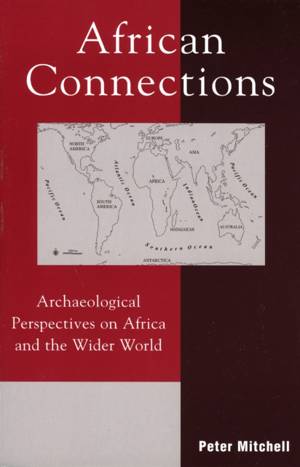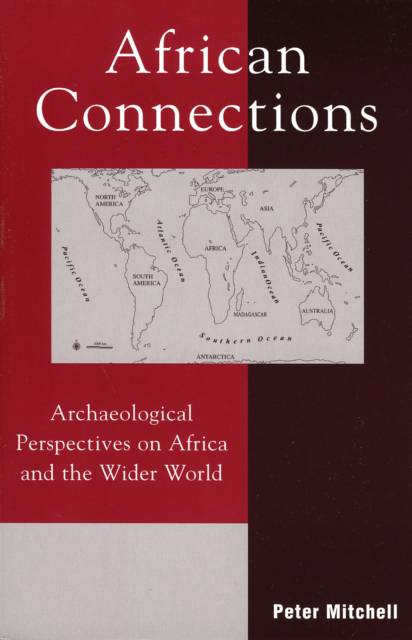
- Afhalen na 1 uur in een winkel met voorraad
- Gratis thuislevering in België vanaf € 30
- Ruim aanbod met 7 miljoen producten
- Afhalen na 1 uur in een winkel met voorraad
- Gratis thuislevering in België vanaf € 30
- Ruim aanbod met 7 miljoen producten
€ 115,45
+ 230 punten
Omschrijving
From the exodus of early modern humans to the growth of African diasporas, Africa has had a long and complex relationship with the outside world. More than a passive vessel manipulated by external empires, the African experience has been a complex mix of internal geographic, environmental, sociopolitical and economic factors, and regular interaction with outsiders. Peter Mitchell attempts to outline these factors over the long period of modern human history, to find their commonalities and development over time. He examines African interconnections through Egypt and Nubia with the Near East, through multiple Indian Ocean trading systems, through the trans-Saharan trade, and through more recent incursion of Europeans. The African diaspora is also explored for continuities and resistance to foreign domination. Commonalities abound in the African experience, as do complexities of each individual period and interrelationship. MitchellOs sweeping analysis of African connections place the continent in context of global prehistory and history. The book should be of interest not only to Africanists, but to many other archaeologists, historians, geographers, linguists, social scientists and their students.
Specificaties
Betrokkenen
- Auteur(s):
- Uitgeverij:
Inhoud
- Aantal bladzijden:
- 328
- Taal:
- Engels
- Reeks:
- Reeksnummer:
- nr. 7
Eigenschappen
- Productcode (EAN):
- 9780759102590
- Verschijningsdatum:
- 24/01/2005
- Uitvoering:
- Paperback
- Formaat:
- Trade paperback (VS)
- Afmetingen:
- 174 mm x 229 mm
- Gewicht:
- 517 g

Alleen bij Standaard Boekhandel
+ 230 punten op je klantenkaart van Standaard Boekhandel
Beoordelingen
We publiceren alleen reviews die voldoen aan de voorwaarden voor reviews. Bekijk onze voorwaarden voor reviews.







